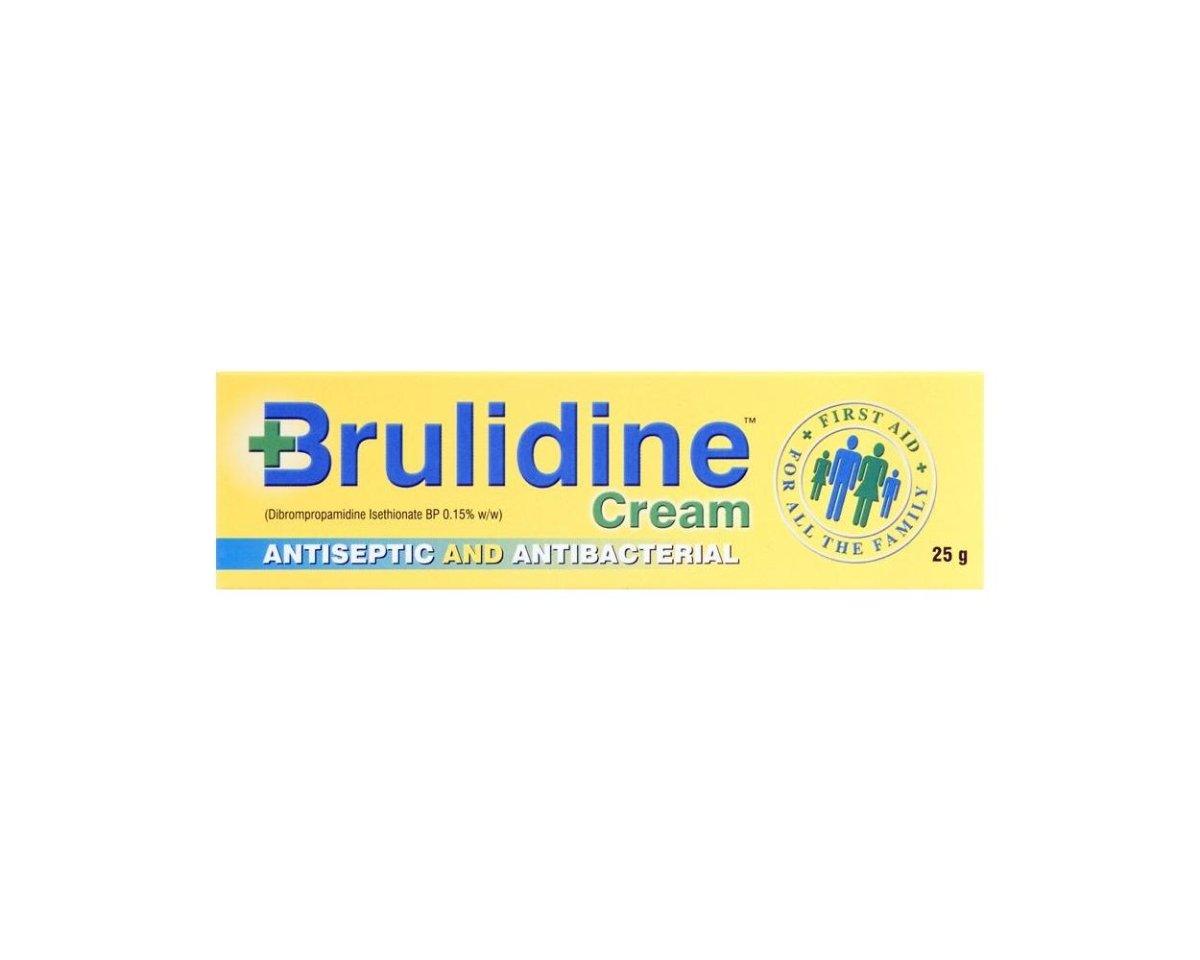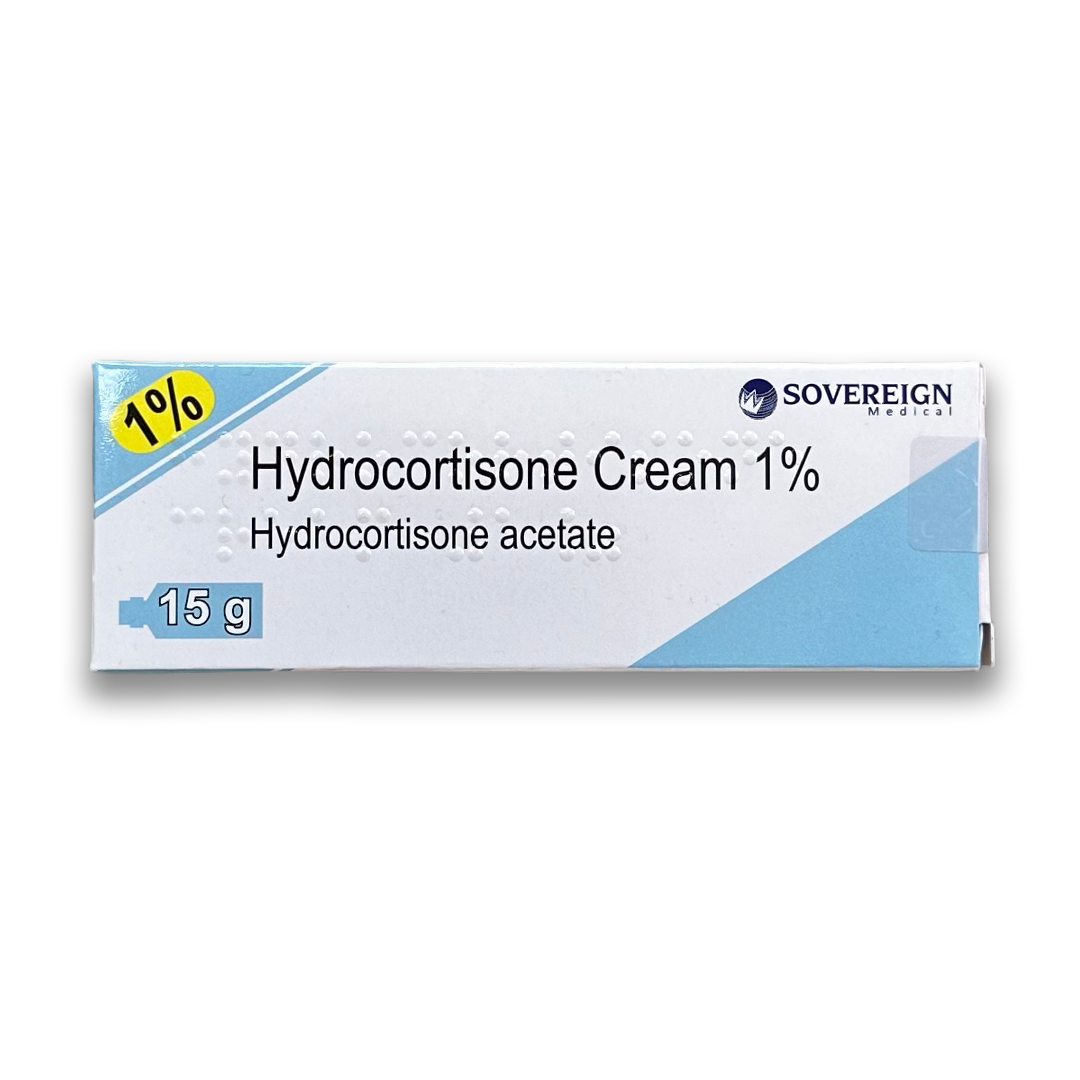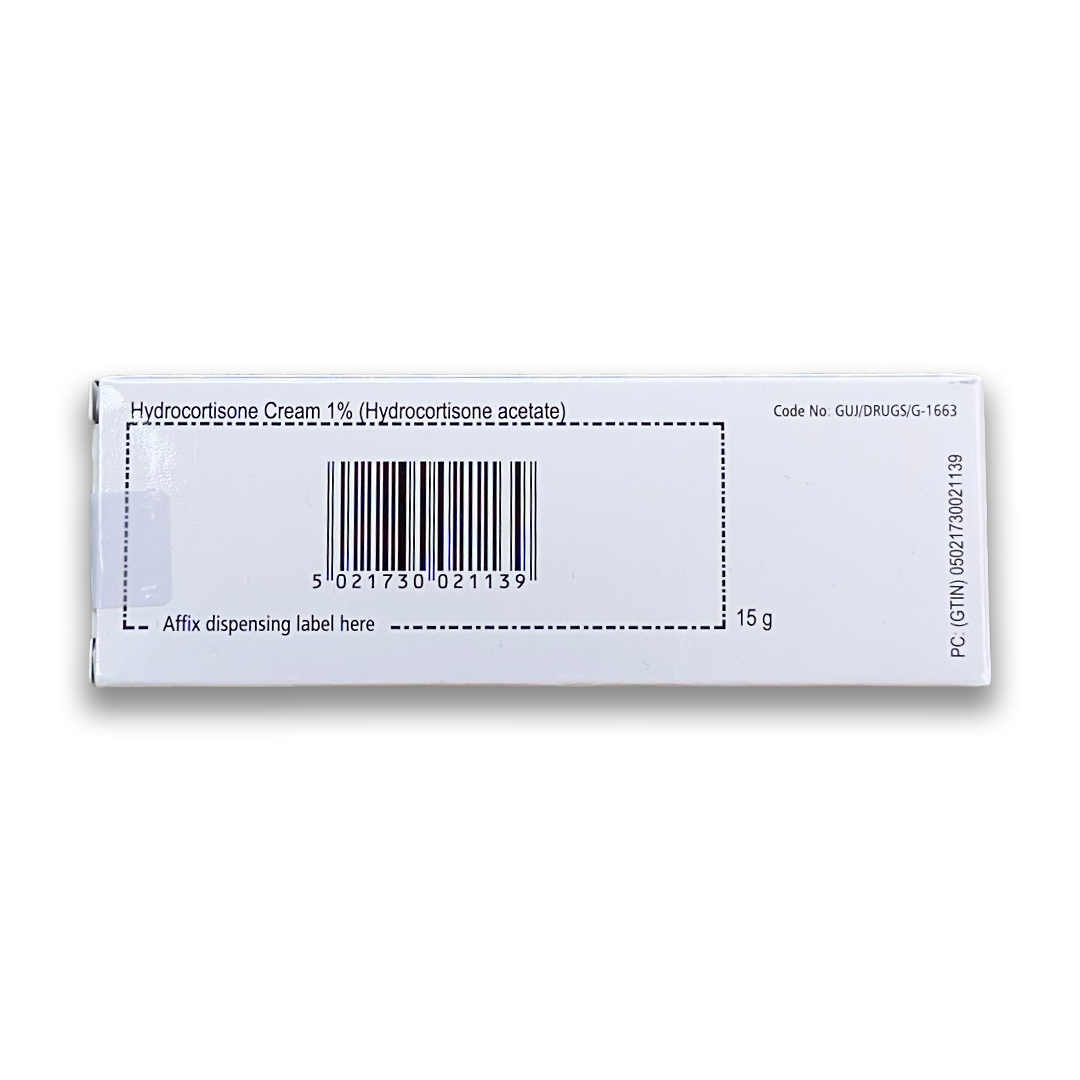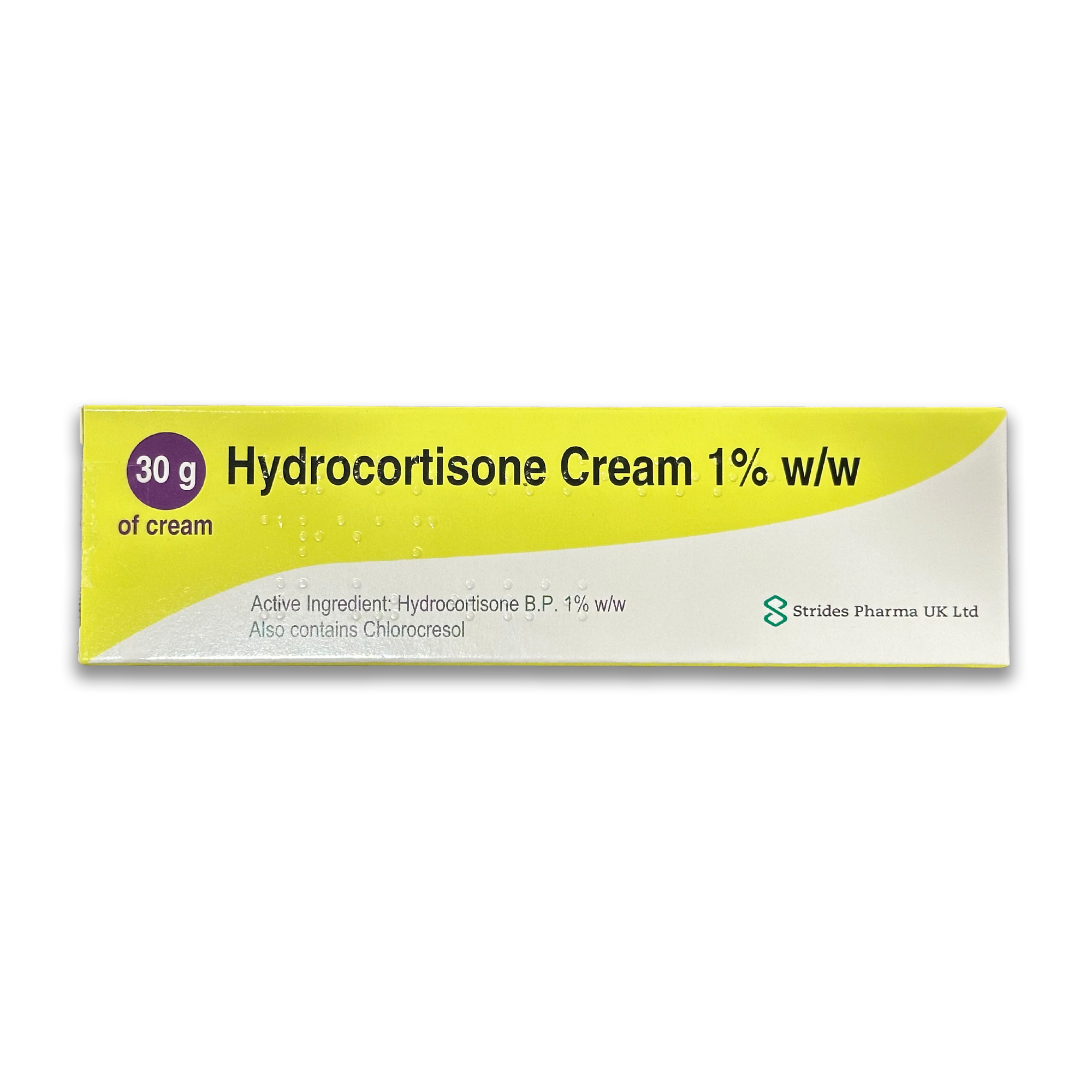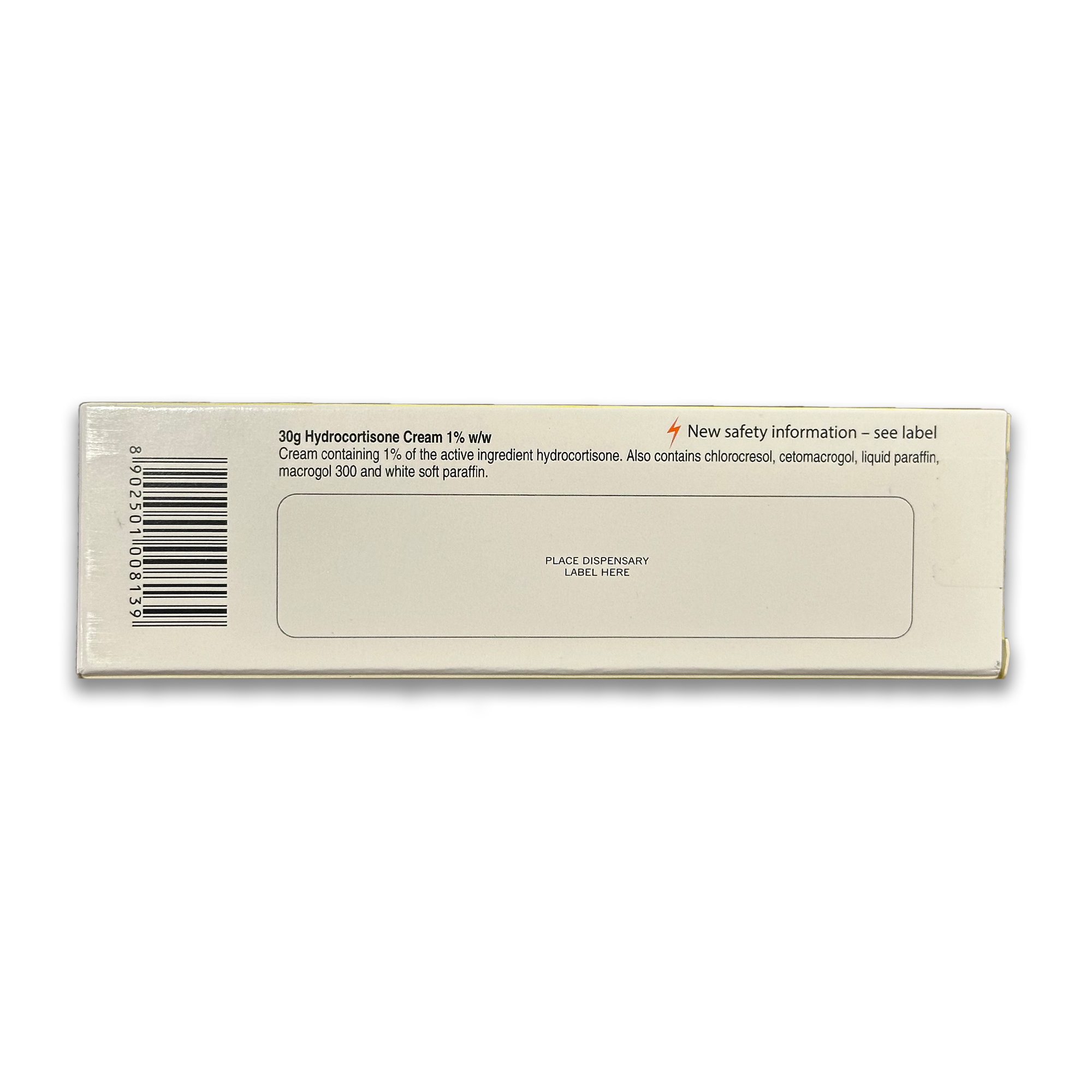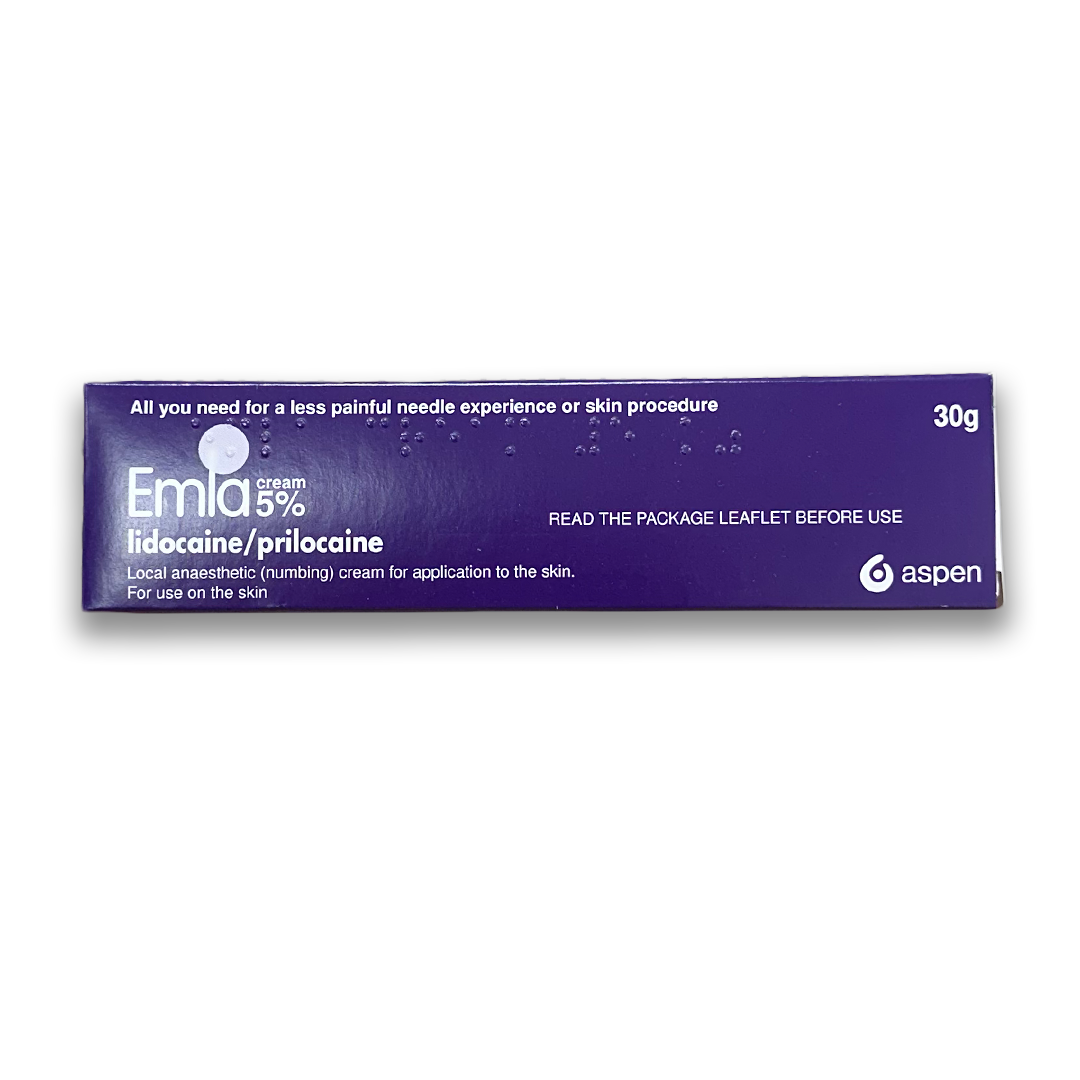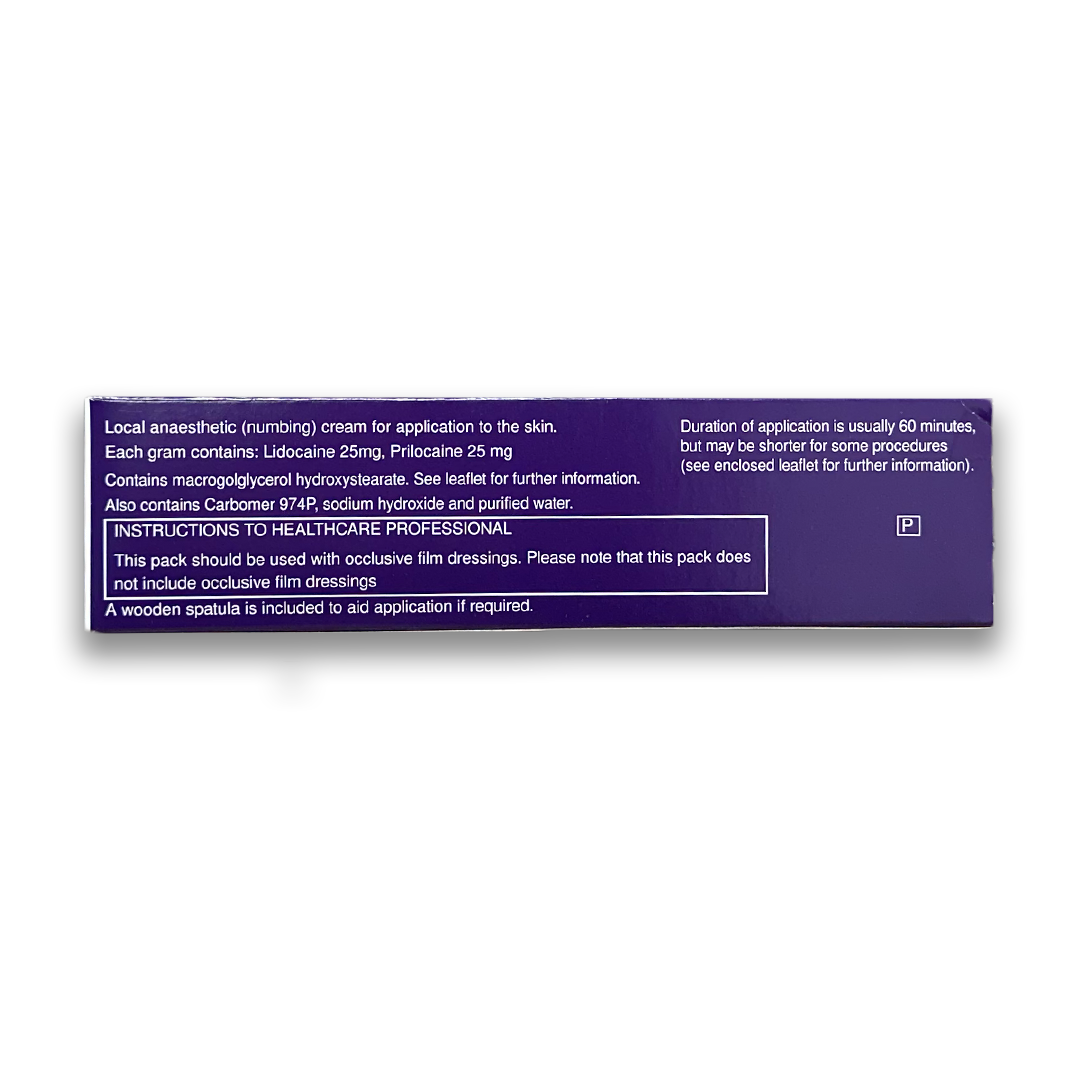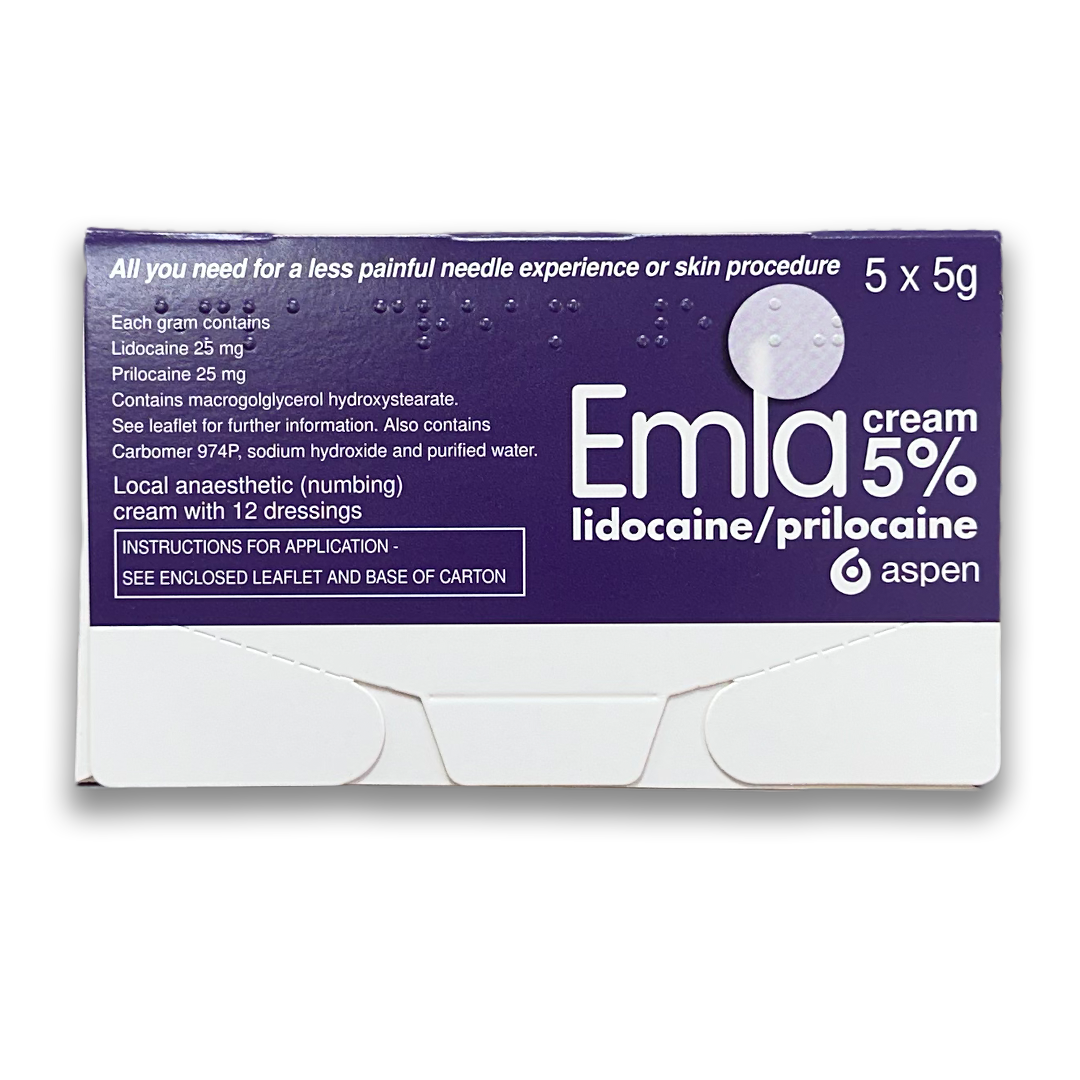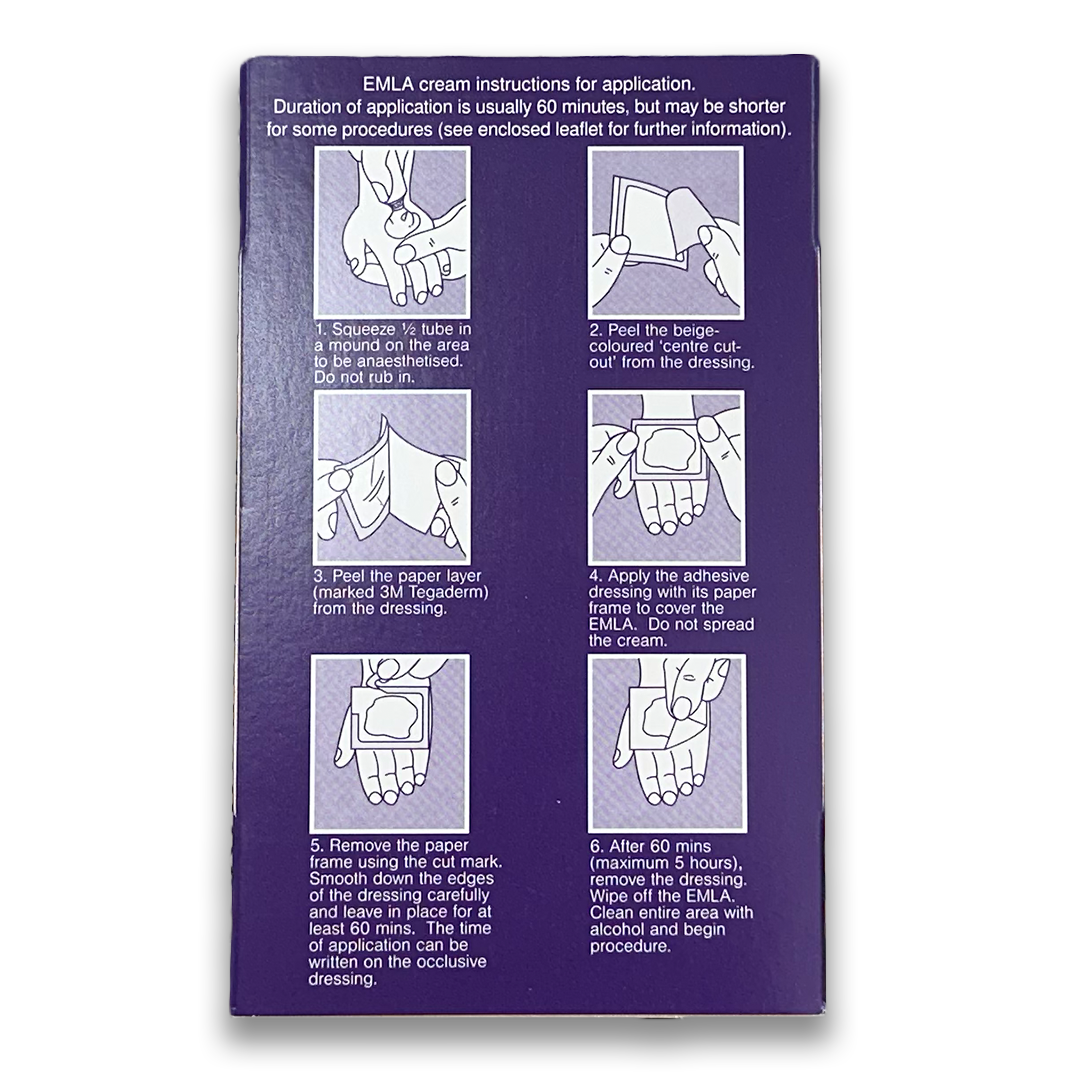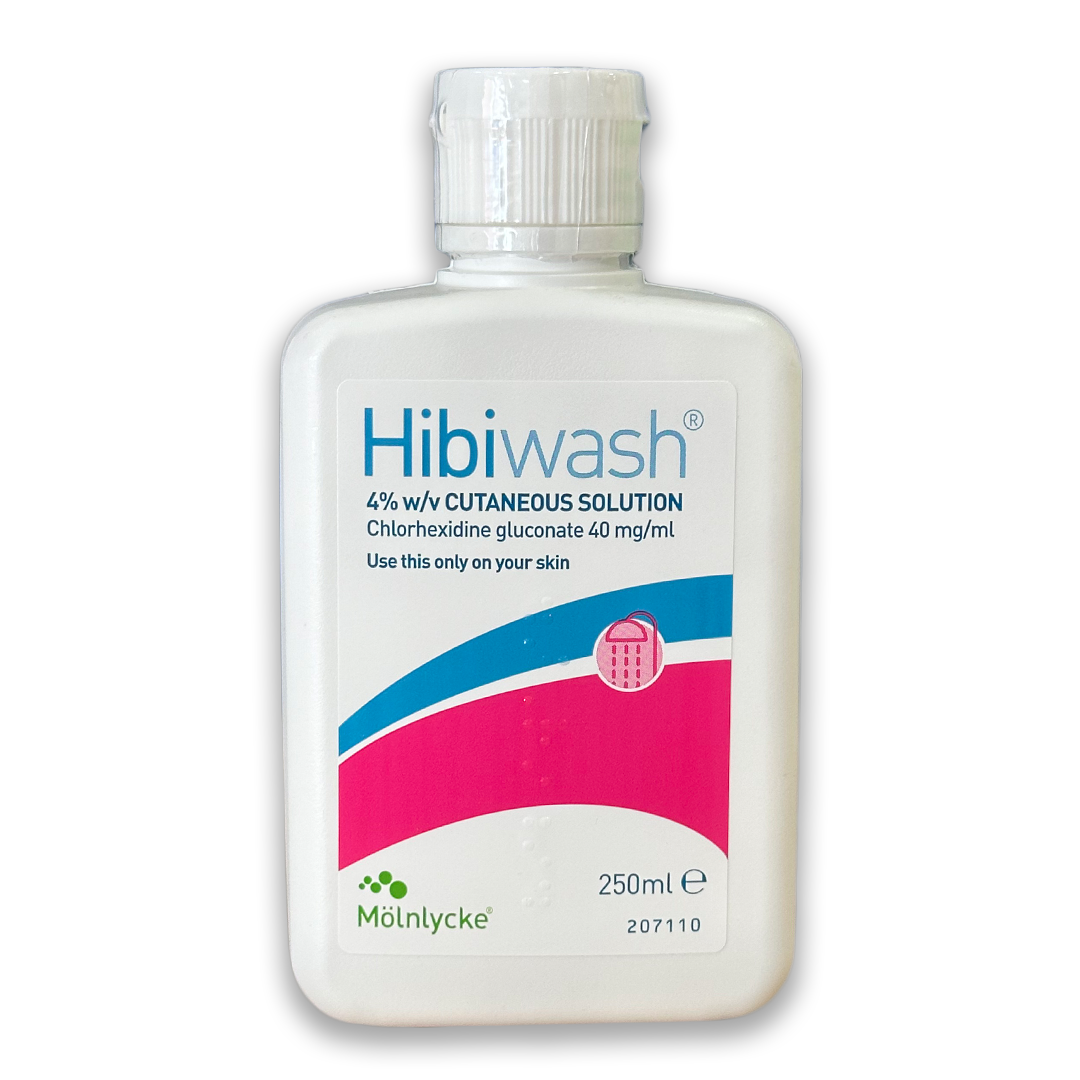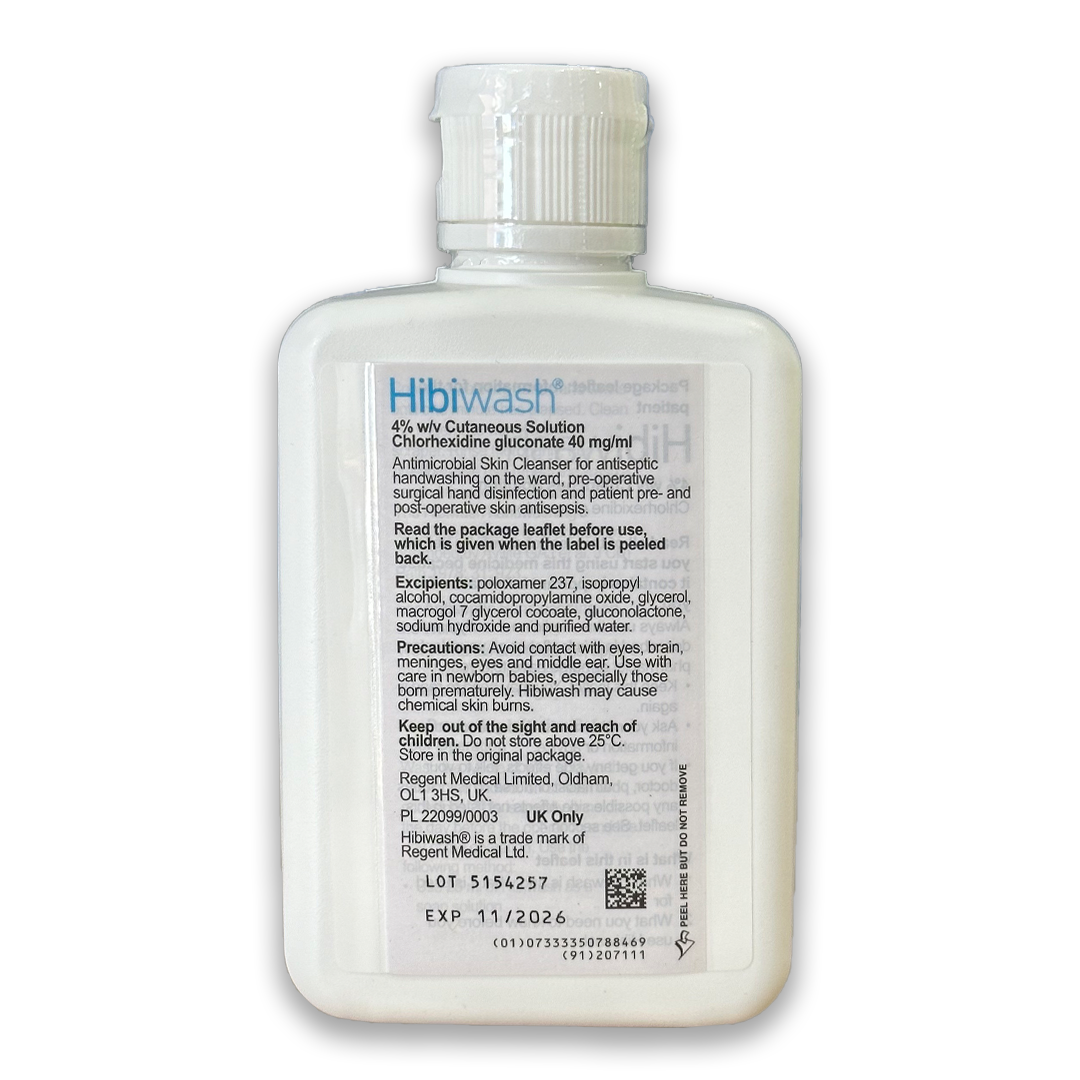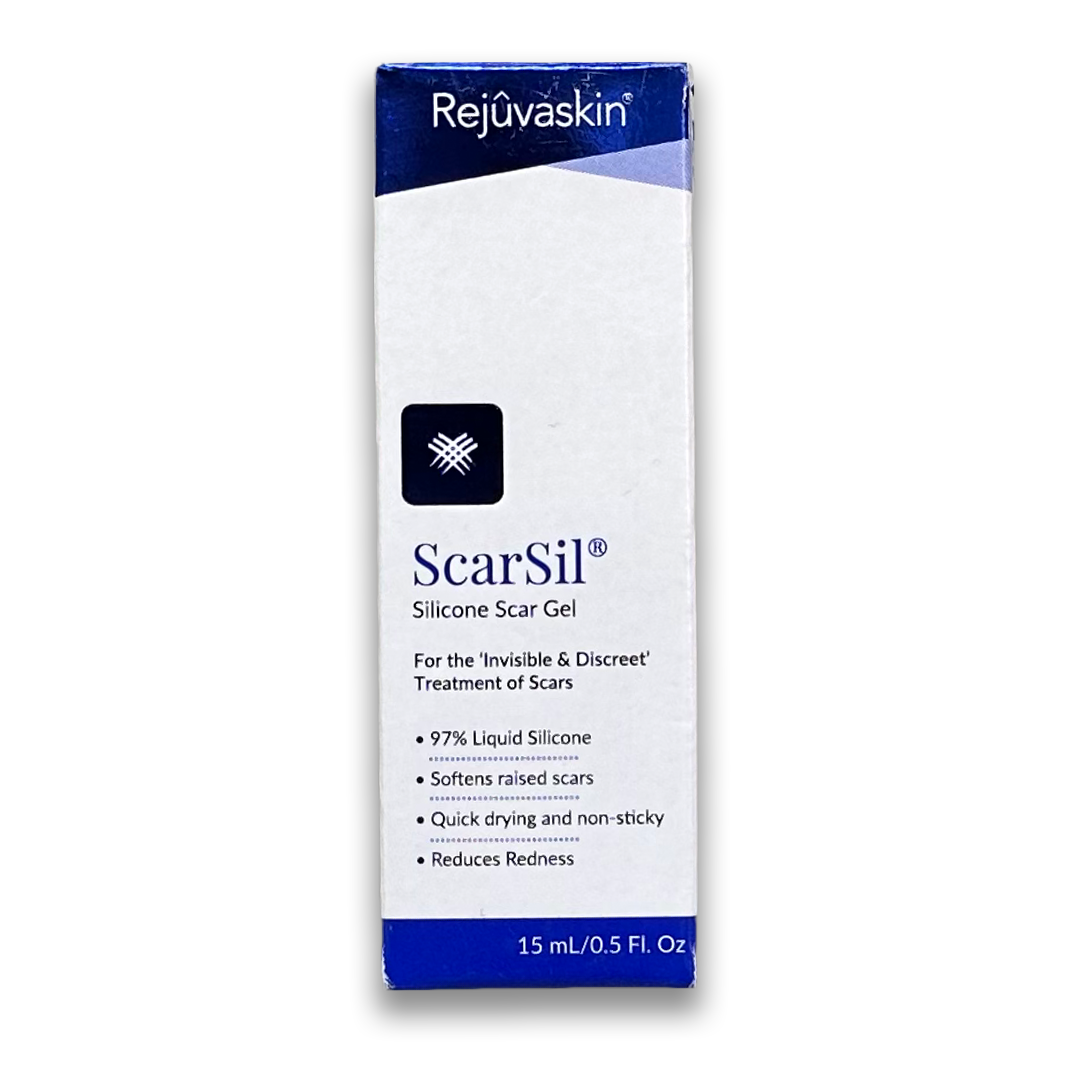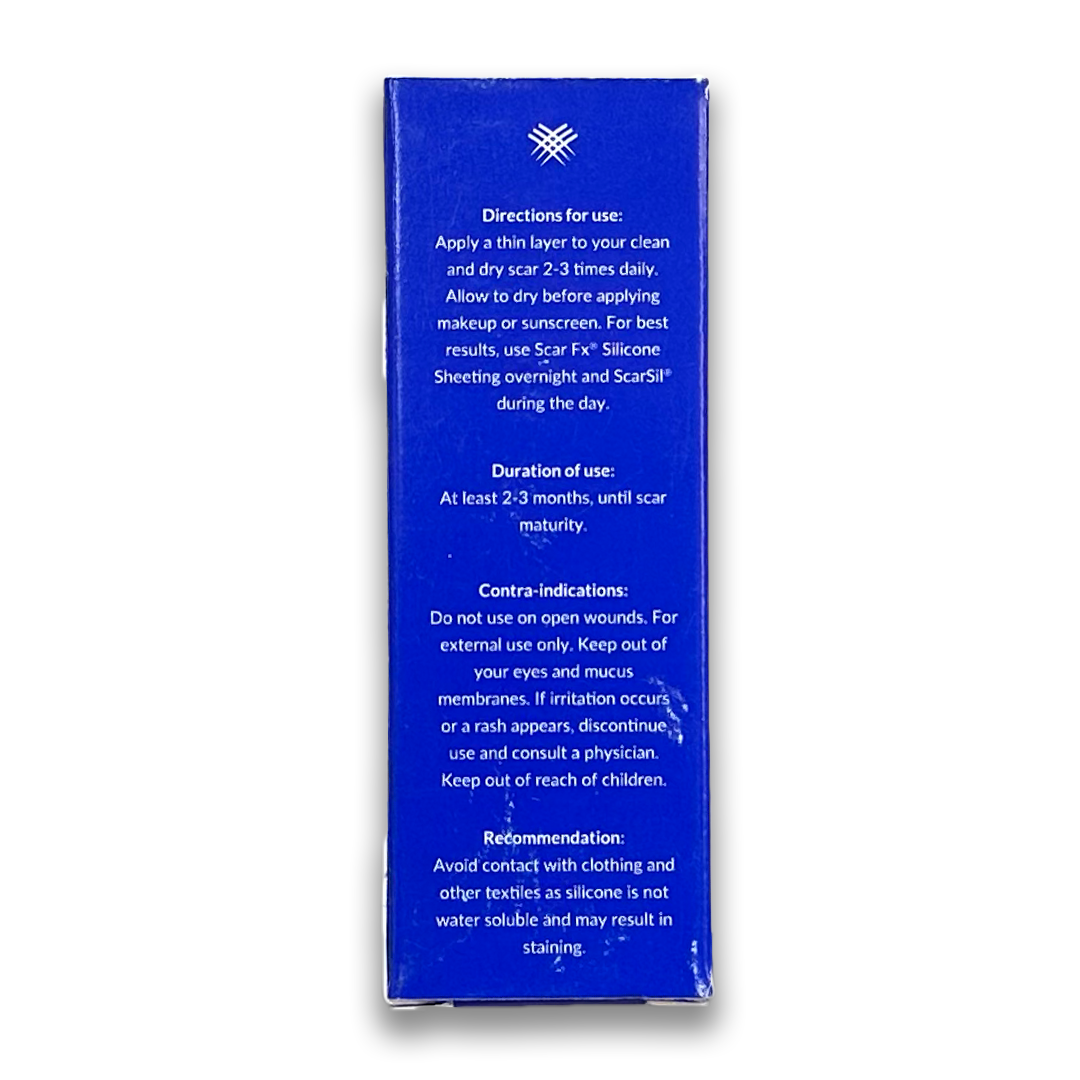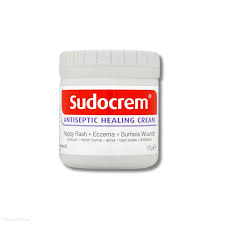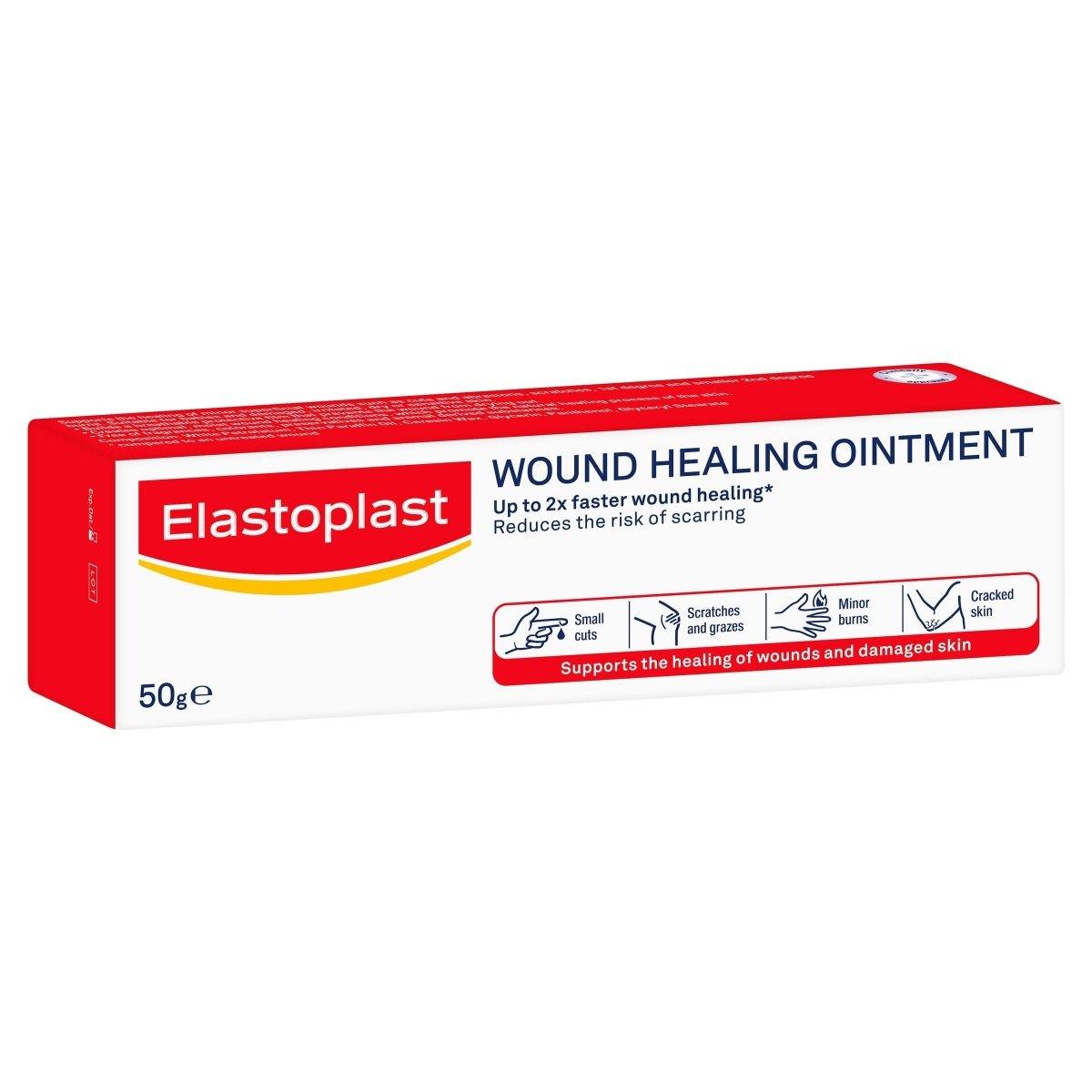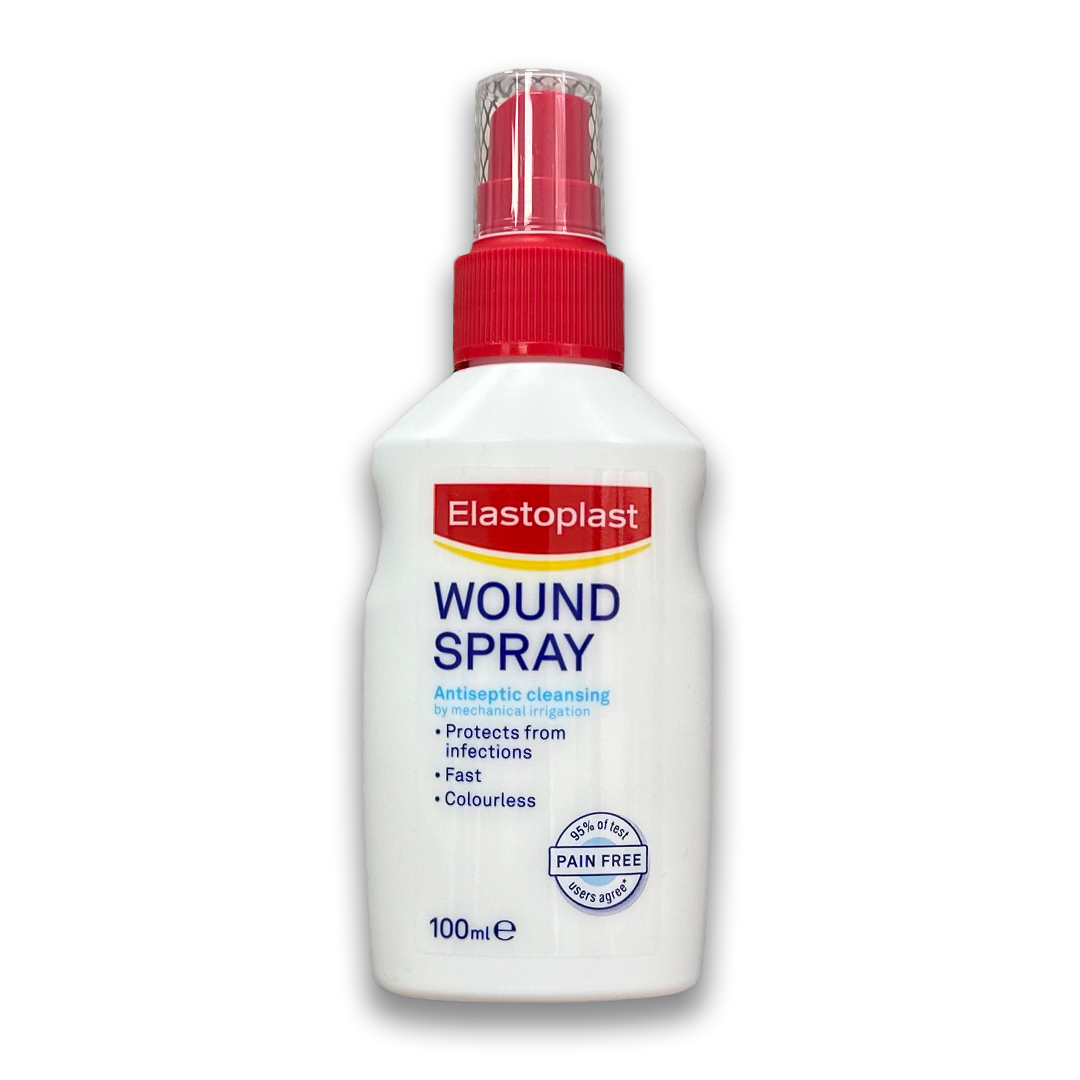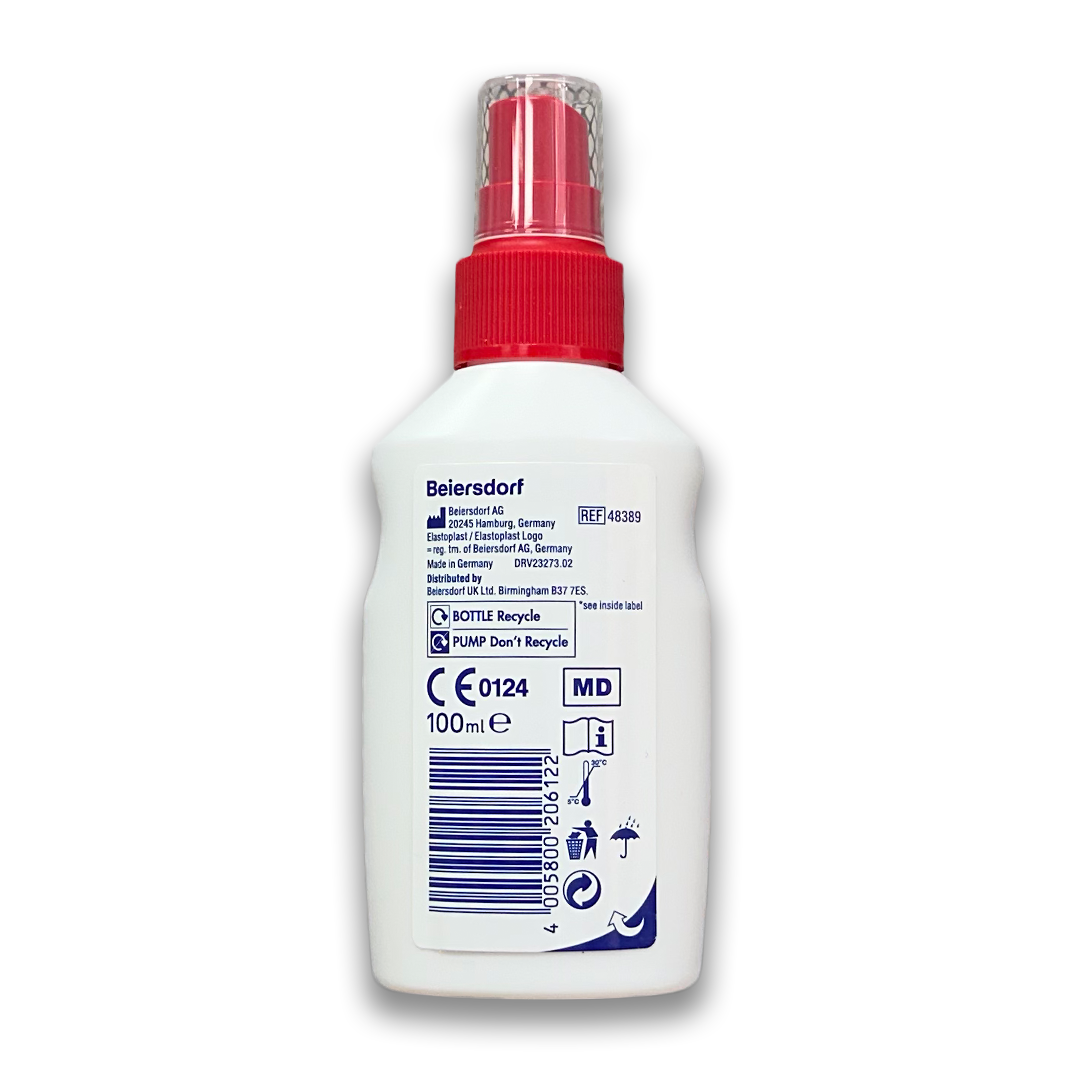Hydrocortisone 1% w/w Cream - (Brand May Vary)
Sudocrem Antiseptic Healing Cream


About Scars and Wounds
Cause
Diagnosis
Treatments
Prevention
Further Info
FAQs
Can all types of scars be effectively treated with over-the-counter scar creams?
What should I do if I notice signs of infection in a healing wound?
Are there any natural remedies that can help prevent excessive scarring?
Can laser therapy completely remove scars?
We are here to help 👋
For assistance, please contact our customer service at info@rightangled.com. We are available Monday to Friday from 8 am to 5 pm. For urgent issues, please do not use this email. Instead, call 111, or dial 999 in case of an emergency.

